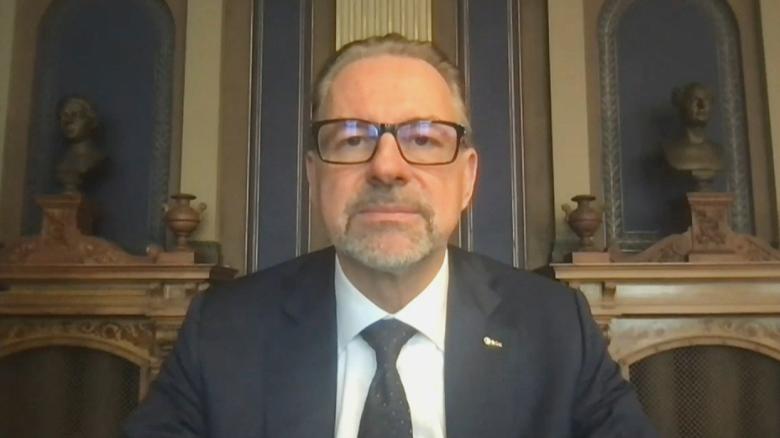Russian scientists find themselves isolated

The country’s High-profile scientific journals such as Science and Nature aren’t rejecting research submitted by Russian scientists, but financial sanctions placed on Russia may make paying journal processing fees tricky. Ukrainian researchers are calling for a Nature, a leading UK publisher of scientific journals, said that calls for a comprehensive and worldwide boycott of all Russian research, and for scientific journals to refuse to consider papers by researchers from Russia were “understandable.” But it said that it will continue to consider manuscripts from all over the world. “That is because we think at this time that such a boycott would do more harm than good. It would divide the global research community and restrict the exchange of scholarly knowledge — both of which have the potential to damage the health and well-being of humanity and the planet.”NASA has said it’s still working closely with the Russian space agency on the International Space Station despite the mounting political tensions. On Wednesday, NASA astronaut Mark Vande Hei is set to return to Earth alongside Russian cosmonauts Anton Shkaplerov and Pyotr Dubrov. Possible long-term repercussions Science has long been a cross-border endeavor, and many Russian scientists have close ties with their counterparts in the United States and Europe.Mikhail Gelfand, a Russian professor who studies comparative genomics and molecular evolution, is one of them. Gelfand said that so far his day-to-day work has not been affected, but he said that he expected some of his experiments to be stalled because international sanctions would make it hard to get hold of some lab supplies.He also said he was spending a lot more time writing letters of recommendation for colleagues and students trying to leave Russia. A complete boycott of Russian scientists and institutions would be unfair, he said. “Unlike other actions, this will not influence the war; this will help the oppressive regime to get tighter hold on what is still alive in Russia; and it will punish mainly the people who oppose the war,” Gelfand said. Gelfand helped organize a letter against the war that he said was signed by more than 8,000 Russian scientists. It has since been blocked online by Russian authorities, he said. In the letter to Science, Holdren and his colleagues said that while government-to-government collaboration was “understandably on hold,” they stressed that “not all engagement with Russian scientists should be.” Climate change and the Arctic were two areas were Russian scientific efforts were particularly important, Holdren said. They also noted that many thousands of Russian academics and students “live and work in the West,” according to the letter, and many have been critical of the Russian government. “Surely these Russians should not be lumped together with leaders of the Russian state. Rather, humanitarian provision should be made to ensure that, as their visas and passports expire, they are not forcibly repatriated to face not only isolation from their Western colleagues but also, very possibly, persecution,” they wrote.”Decisions made in Western countries today about how to deal with Russia and Russians may be in place for a long time and, ultimately, difficult to reverse. We fervently hope that all future decisions about Russian scientists and Russian academic institutions will reflect a balanced appraisal.”





